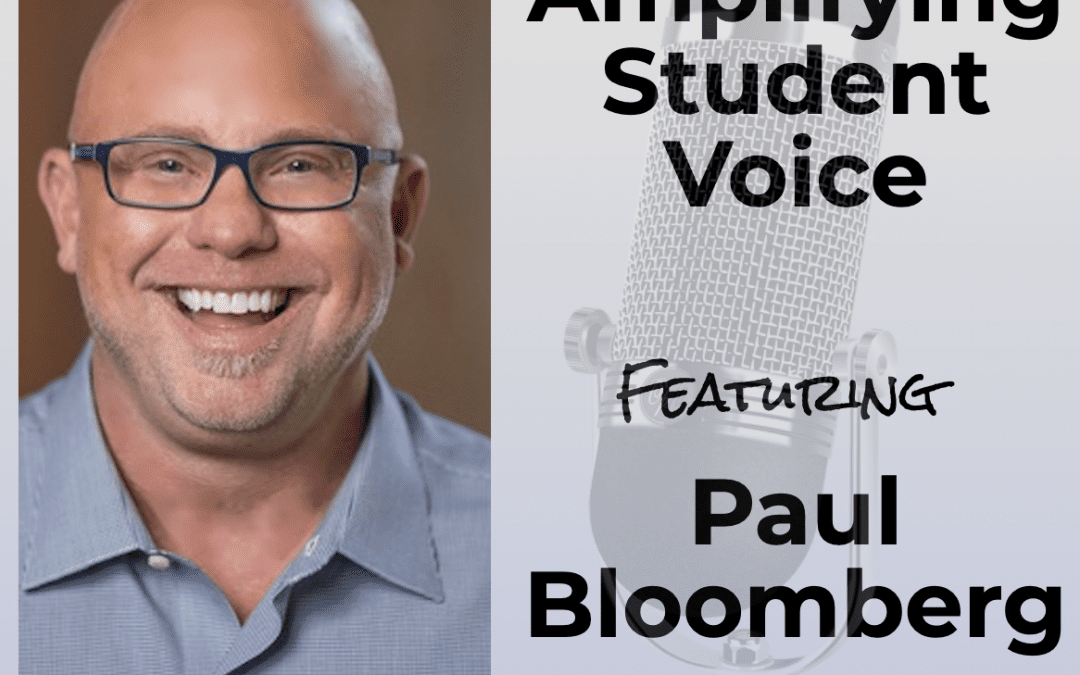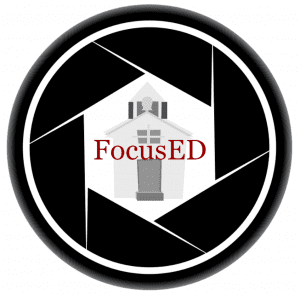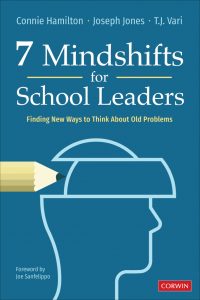
Amplifying Student Voice with Paul Bloomberg – Leading Better and Growing Faster with Joe and T.J.
Our job is to make the learner’s thinking visible. ~ Paul Bloomberg
About Paul Bloomberg
Dr. Paul Bloomberg is the Founder and CEO of The Core Collaborative Learning Network based in San Diego, CA, and New York City. The mission of the Core Collaborative Learning Network is to expand learner ownership and agency by building a culture of belonging and efficacy through collaborative inquiry. The Core Collaborative defines “learner” as ALL the people in a system who partner with students. The Core Collaborative strives to cultivate learners who embody empathy, open-mindedness, patience, and perseverance and who use their energy and expertise to make a positive impact in the world we share with others.
Dr. Bloomberg is the co-author of the best-selling book, Leading Impact Teams: Building a Culture of Efficacy, and a lead author of Peer Power! Unite, Learn and Prosper: Activate an Assessment Revolution through Mimi and Todd Press and a lead author on The EmpowerED Learner eToolkit. Paul has led multiple, successful school turn-around efforts and believes that public education must play a major role in deconstructing systems of oppression.
His new book, which we talk about in this episode, is called Amplify Learner Voice through Culturally Responsive and Sustaining Assessment.
Paul served on the National Parents Union Board of Directors. The National Parents Union is a network of highly effective parent organizations and grassroots activists across the country that is united behind a set of common goals and principles to channel the power of parents.
Paul lives with his husband, Tony, in California. Alex and Taylor, Tony and Paul’s sons, are the inspiration for launching the Core Collaborative in 2014.
Paul starts with the concept of systems. He talks about how some schools are thriving more than others and what we need to do to re-think formative assessment through a cultural lens.
What You’ll Find in this Podcast Episode with Paul Bloomberg
Paul starts with a vital aspect of how all educators can effectively engage students, Culturally Responsive-Sustaining Education (CRSE). This is about changing what we do to meet students’ needs through culturally responsive formative assessments.
We dive into the conversation about assessments and the cross-section between traditional grading and equity. None of us can answer the question about why more schools aren’t moving to more culturally responsive grading?
There is power in interviewing students. Listen to what can shock teachers into creating a different type of learner-focused environment.
Don’t miss what Paul says about the textbook industry: “I can’t do it anymore” applied to cover all the concepts that we’re giving in our content areas.
Paul mentions Dr. Allen Daly as his mentor. The social justice focus of his doctoral program left a mark that he uses in all of his work today.
Paul talks about “active listening” and reflecting back on what people are saying and feeling as a super-tool for leadership, teaching, and for learning.
Paul talked about wanting to learn how to be a restorative practitioner. His answer is heartfelt
- Reframe negative thinking
- Wake up and be optimistic
- Treat people with dignity
T.J. mentions the wisdom from Tiny Habits by BJ Fogg that links to #1 above.
He talks about The Science of Happiness Podcast as a learning and growth strategy for himself.
Paul answered the last question with something he learned from Omar Mercado: a trigger is your own responsibility, not that of others, even the people who trigger you.
Let us know if there’s a guest who you want us to have on the show by leaving a comment below or by contacting us at [email protected]. And don’t miss our leadership content updates every week by subscribing to the site.
We can’t wait to hear from you.
Thanks for listening to FocusED, an educational leadership podcast brought to you by TheSchoolHouse302 @ theschoolhouse302.com where we publish free leadership content. Go to the site, subscribe, and you’ll get all of our content sent directly to your email.
FocusED is your educational leadership podcast where our mission is to dissect a particular focus for teachers and school leaders so that you can learn to lead better and grow faster in your school or district with more knowledge, better understanding, and clear direction on what to do next.














 7 Mindshifts for School Leaders: Finding New Ways to Think About Old Problems.
7 Mindshifts for School Leaders: Finding New Ways to Think About Old Problems. 


